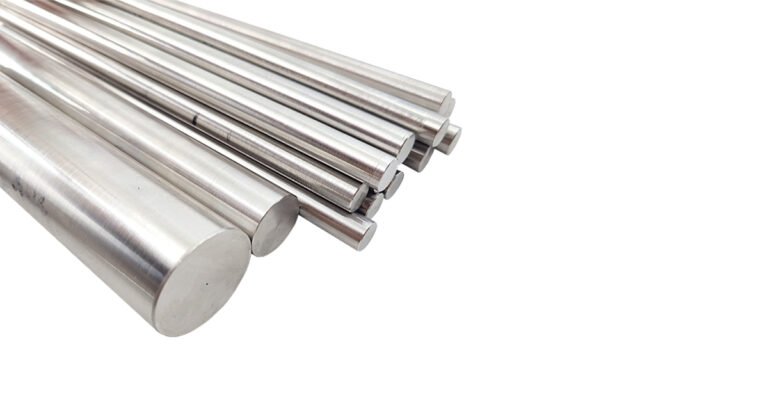Cobalt Alloy 6B is a cobalt-based alloy that is a good material for harsh environments, because of its high temperature, wear, and corrosion resistance. It is widely used in a variety of industrial applications, particularly in the aerospace, automotive, and oil and gas industries. This alloy is composed of cobalt, chromium, tungsten, and nickel, along with small amounts of carbon, silicon, and iron.
Properties
- Wear resistance: Cobalt alloy 6B has excellent wear resistance, thanks to the tungsten carbide particles dispersed in a cobalt-chromium matrix. This makes it ideal for use in high-stress environments where parts are subjected to constant abrasion.
- Corrosion resistance: Cobalt alloy 6B is highly resistant to corrosion, making it ideal for use in corrosive environments. It is instrumental in the oil and gas industry, where parts are exposed to harsh chemicals and corrosive materials.
- Heat resistance: Cobalt alloy 6B can operate at temperatures up to 760°C, making it suitable for high-temperature applications where other materials may fail.
Applications
Cobalt alloy 6B is widely used in various industrial applications, including aerospace, automotive, and oil and gas industries. Some of the primary applications of Cobalt 6B are:
- Aerospace: Cobalt 6B is used in the manufacturing of turbine blades and combustion chambers due to its exceptional wear resistance and high-temperature properties.
- Automotive: Cobalt 6B is used in engine valves due to its high wear resistance and corrosion resistance properties.
- Oil and gas: Cobalt 6B is used in oil drilling equipment due to its exceptional wear resistance, corrosion resistance, and high-temperature properties.
Manufacturing
Co 6B can be produced using various methods, including casting, powder metallurgy, and forging.
- Casting is a widely used method for manufacturing Co 6B parts. The process involves melting the cobalt-based alloy and pouring it into a mold. This method is ideal for manufacturing large or complex shapes.
- Powder metallurgy is another method used for producing Co 6B components. In this process, the powder is pressed into a mold and then sintered at high temperatures. This method is ideal for manufacturing parts with intricate shapes or thin walls.
- Forging is a process that involves shaping the Co 6B material by applying pressure to it while it is in a solid state. This process helps to increase the density of the material and improve its mechanical properties. Forging is ideal for manufacturing components that require high strength and toughness.
Composition
The following table shows the typical composition of Co 6B:
| Element | Composition (% by weight) |
| C(Carbon) | 0.9-1.4 |
| Mn(Manganese) | 1.0 max |
| Si(Silicon) | 1.5 max |
| Cr(Chromium) | 28-32 |
| Ni(Nickel) | 3.0 max |
| Mo(Molybdenum) | 1.5 max |
| W(Tungsten) | 3.5-5.5 |
| Co(Cobalt) | Bal. |
| Fe(Iron) | 3.0 max |
With years of experience in the industry, SYTOP has the expertise to manufacture a wide range of cobalt alloy products to your exact specifications. Whether you require a specific shape, size, or alloy composition, we will try our best to manufacture the high quality product for you.


